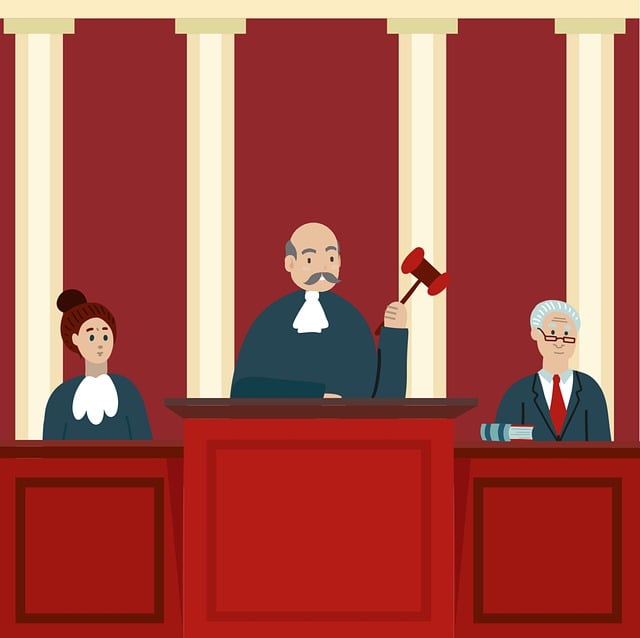Contempt of court actions are serious legal consequences for ignoring court orders, involving missing appearances, violating restraining orders, or refusing to pay fines/damages. Legal professionals, including attorneys, judges, and executors, collaborate to enforce judgments, maintain system integrity, and ensure compliance with justice. Effective enforcement requires strategic approaches, thorough documentation, staying updated on laws, using specialized tools, and adapting tactics based on jurisdiction variations.
Enforcing legal judgments is a vital aspect of ensuring justice and maintaining the integrity of our judicial system. This article delves into the significance of advocating for the enforcement of court orders, particularly focusing on contempt of court actions. We explore the roles of legal professionals in this process and provide strategies for effective judgment enforcement. Understanding contempt of court is crucial for both legal practitioners and individuals seeking to uphold their rights, underscoring the importance of proactive measures to ensure compliance with judicial decisions.
- Understanding Contempt of Court Actions
- Roles of Legal Professionals in Enforcement
- Strategies for Effective Judgment Enforcement
Understanding Contempt of Court Actions

Contempt of court actions are a serious matter and can have significant consequences for individuals or entities who fail to comply with a legal judgment. These actions arise when someone willfully disregards or violates an order, decree, or writ issued by a court. It’s crucial to understand that contempt can take various forms, including failure to appear in court, non-compliance with a restraining order, or refusing to pay fines or damages as ordered.
The legal system employs these measures to ensure the integrity and efficiency of its processes. When an individual is held in contempt, the court may impose penalties such as fines, imprisonment, or both. Such actions serve as a deterrent and reinforce the authority of the judiciary, emphasizing that legal obligations must be met with utmost respect and diligence.
Roles of Legal Professionals in Enforcement

Legal professionals play a pivotal role in the enforcement of legal judgments, ensuring that courts’ orders are respected and upheld. Attorneys, judges, and legal executors each have distinct responsibilities in this process. Lawyers are often tasked with representing clients’ interests and ensuring their rights are protected during and after legal proceedings. They may need to invoke contempt of court actions if a party fails to comply with a judgment, working closely with the judiciary to enforce the law fairly.
Judges oversee the entire process, making crucial decisions regarding enforcement and any subsequent penalties for non-compliance. Legal executors, including bailiffs or enforcers, are responsible for physically carrying out the judgments, such as seizing assets or enforcing evictions. Their work ensures that legal resolutions are not merely on paper but are implemented to bring about a tangible outcome, maintaining the integrity of the judicial system.
Strategies for Effective Judgment Enforcement

Enforcing legal judgments effectively involves a strategic approach to ensure compliance and maintain justice. One powerful tool is contending with contempt of court, where individuals or entities fail to abide by a court’s orders. This can be achieved through thorough documentation of all proceedings, including any communications with the judgment debtor. Legal professionals should gather evidence of non-compliance, such as missed payments or failed asset disclosures, to present a compelling case in court.
Additionally, staying informed about relevant laws and regulations is essential. Judicial enforcement procedures vary across jurisdictions, so attorneys must adapt their tactics accordingly. Utilizing specialized enforcement tools, like online databases for asset tracking or professional collection agencies, can also enhance the efficiency of judgment enforcement processes. These strategies collectively contribute to a robust framework for ensuring that legal judgments are respected and upheld.






